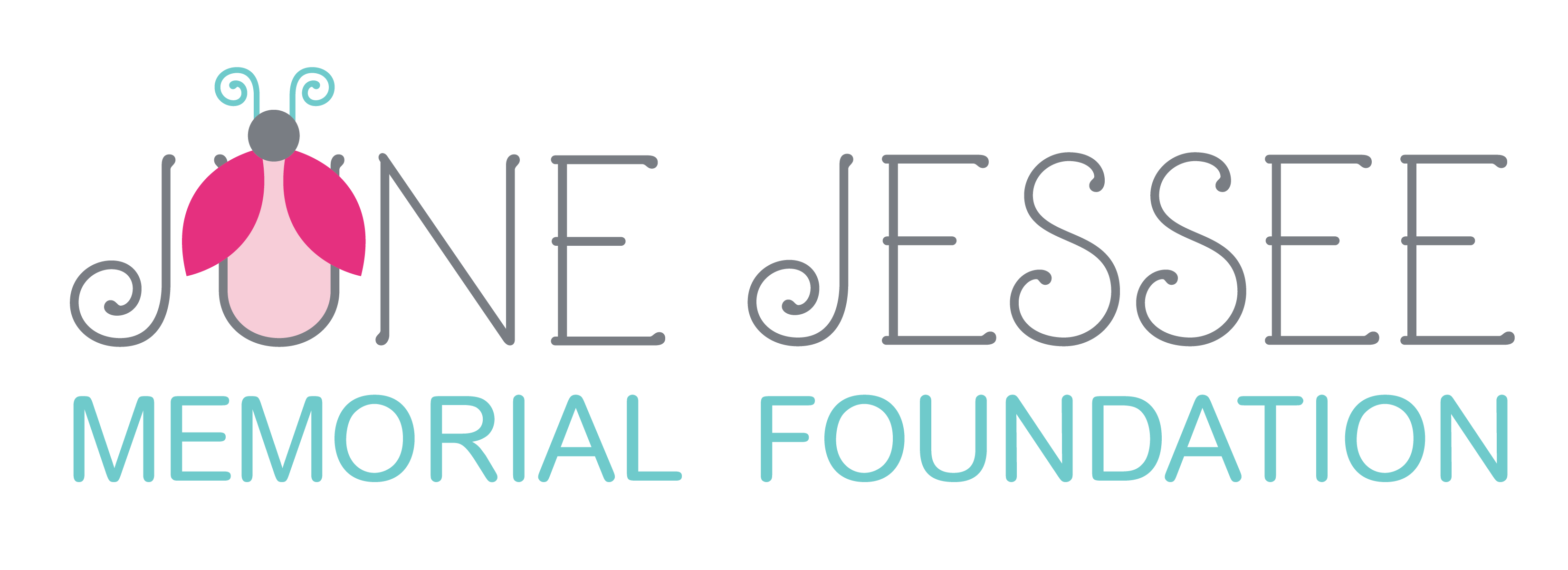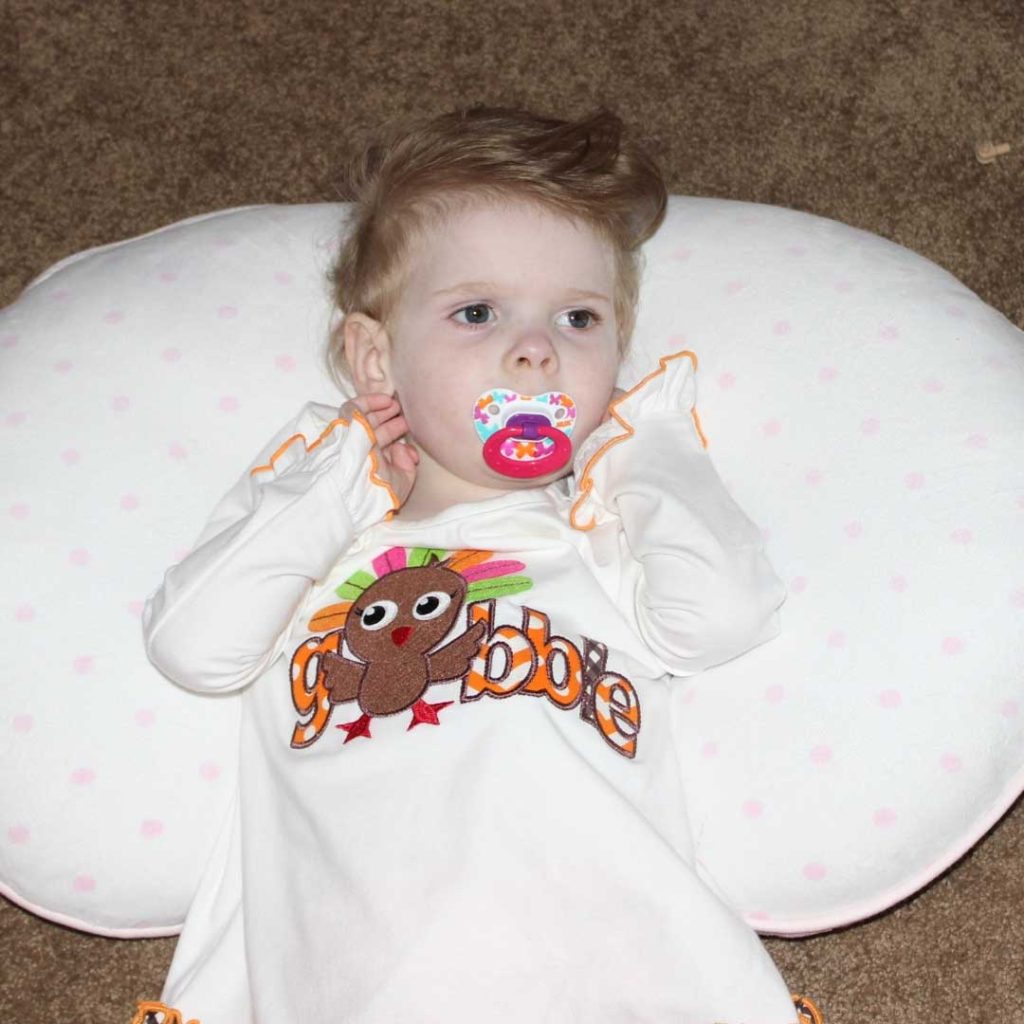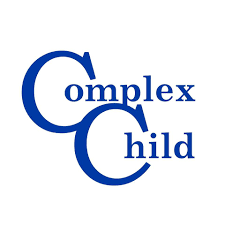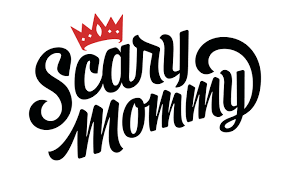Giving Thanks for Learning to Live with Limitations
As Thanksgiving approaches, some of us have expectations for how our family should look. There’s an extra amount of pressure to be the “ideal” family this time of year—like in the old holiday commercials (back when we used to watch commercials on TV). You could practically smell the turkey roasting in those homey ads of family unity.
But the truth in many families is that the people in it are going through really hard times. It may be a child struggling in school, financial problems, a divorce, an illness with no hope for a cure, a death. And some of us have extra tension that arises specifically during the holidays—friction or unresolved conflicts that we’re going to face, once again, when we sit around the table together this year.
Of course, it’s not as taboo as it once was to admit your family isn’t perfect. There are shows such as Parenthood and This is Us that highlight children with disabilities and death in families. Friends get together to vent about their “crazy families.” There are Saturday Night Live sketches about conflict this time of year.
Still, we often feel that we, alone, are the only ones with these problems. When June was alive, a simple scroll through my newsfeed could reaffirm this suspicion. “Oh, a child her age is supposed to be doing that by this time!” (And, let’s face it, I also feel self-criticism when I spend too much time on social media, comparing my own accomplishments or happiness to images of other people, noting where I clearly fall short of the “norm,” aka “Facebook Perfect.”)
Nearly three years ago, when my husband and I began dreaming up the June Jessee Memorial Foundation, we started talking about how having June taught us to be accepting of human limitations in a totally new way. A big motivation for us in setting up the foundation was to carry on June’s legacy of acceptance—specifically to pay forward the new capacity for love, acceptance and bravery that we felt we learned from caring for June.
Accepting the reality of June’s condition definitely took time. It often felt like the movie

Groundhog Day. We’d repeat the exact same activities day after day, year after year. She’d wake up throughout the night, long after the newborn stage had passed. She went to the same therapists and same doctors’ appointments. She had very limited mobility (though she devised ways to get around). I knew she was born with these developmental problems. We saw her limitations and couldn’t pretend they weren’t there or wish them away.
With time, I also began to accept the reality of the limitations and my role as her mother: the best I could do—all I had to do—was to love her. This realization felt incredibly freeing and let me enjoy our time with her more.
That acceptance I found with June and with myself as her mother can be hard to come by in other areas of our lives. Especially when struggling with so-called “normal,” minor complaints. It’s hard to accept things about ourselves we don’t like, and to accept tension with friends or family. Making the “right” change in our behavior or attitude or interaction seems so obvious, and easy. All we have to do is adjust the time we wake up (if we worry about rushing around in the morning), we may think. We can just change how we organize our routine, or how we respond to someone who pushes our buttons. It seems so simple. And yet, as I recently realized, perhaps for the first time this year, we’re often expecting others and ourselves to make changes we also can’t make. Accepting the reality of ourselves and our relationships is not that different than learning to accept June’s limitations.
As this year’s holiday season approaches, I find I have a new way of looking at my life. Everything doesn’t have to be Facebook Perfect, or even make sense. Nor do I have to fixate on diagnosing problems, finding reasons for conflict, or thinking that if I understood a situation better I could just get past it and move on.
Sometimes difficult life situations are unexplainable, and nearly as intractable as a rare disease. Continually rehashing the past to find a “diagnosis” can actually make things worse, especially if there is nothing to be done differently. Some things in life can’t be cured or fixed. Our best hope is to find comfort and joy in the life we have, no changes needed. This year, I’m thankful for this new outlook.







